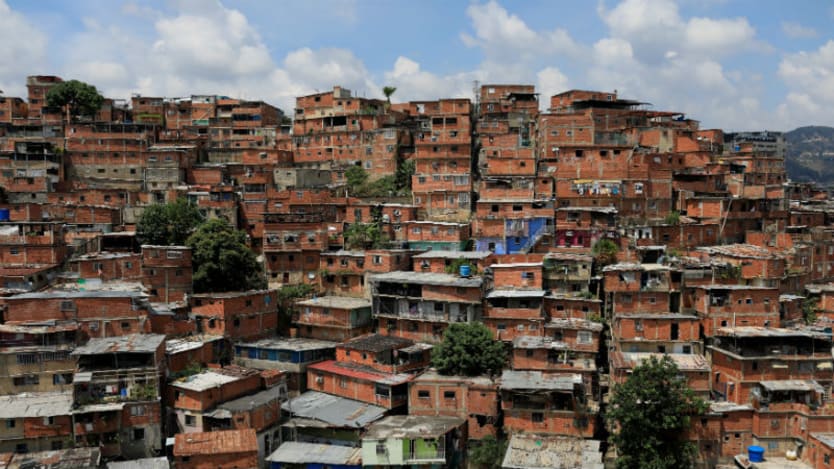
NAIROBI — The scale of the urban sanitation crisis is underestimated globally, according to a new report released Wednesday by the World Resources Institute.
Global criteria to document progress made on improving sanitation can include practices that still leak waste into the surrounding environment, such as the use of self-constructed drains that remove human fecal waste from a household only to dispose of it in a nearby waterway. This can lead to skewed progress reports that don’t take into account the negative public health impacts of certain interventions.
“When the scale of the problem is underestimated, it ceases to be a top priority and people are unaware of the public health risks,”
— Victoria Beard, Cornell University professor and WRI fellow“When the scale of the problem is underestimated, it ceases to be a top priority and people are unaware of the public health risks … Then it doesn't become the public sector investment priority that it should be,” said Victoria Beard, a professor at Cornell University and WRI fellow who co-authored the report.
In the report, researchers analyzed 15 cities in sub-Saharan Africa, South Asia, and Latin America, which account for a population of about 101 million people. They found that on average, 62% of sewage and fecal waste is unsafely managed, which can include ineffective septic tanks, open defecation, shoddily constructed and flooded pit latrines, as well as open sewers.
In three cities — Karachi, Colombo, and Caracas — there was no safe management of human waste. About 45% of the population in the 15 cities live in informal settlements.
The scale of unsanitary conditions in heavily condensed cities, such as Lagos, Mumbai, Maputo, and Nairobi, is obscured by vague global monitoring criteria, according to the report. This criteria is set by the World Health Organization and United Nations Children’s Fund’s Joint Monitoring Programme, which categorizes sanitation circumstances into two camps: “improved” or “unimproved.”
This criteria is too broad to provide a nuanced understanding of the public health risks of poor sanitation in high-density urban areas, the report says.
For example, in Nigeria only 6% of households had a toilet connected to a sewer in 2013, but by 2015, after global criteria was expanded to include other forms of toilets, 39% of the country had “improved sanitation.”
“Such statistical discrepancies obfuscate important factors that impact the health and well-being of the urban population — such as population density, topography, drinking water source, regulatory environment, and cost,” according to the report.
“These global indicators, meant to work in rural and urban areas, in some ways are inappropriate in the urban environment and don't really capture the realities that people are facing.”
— Victoria Beard, Cornell University professor and WRI fellowHigh-density urban contexts that feature multistory housing units often require different sanitary solutions to rural, low-density areas — another area that current criteria doesn’t take into account, Beard said.
“These global indicators, meant to work in rural and urban areas, in some ways are inappropriate in the urban environment and don't really capture the realities that people are facing,” Beard said.
To improve this, the report says more data on the sanitation conditions in urban settings is needed. This would include detailed data at the national, city, and sub-city level that can better illustrate discrepancies within cities when it comes to sanitation. This data should also be analyzed in relation to local health data, such as linking it to data on diarrhea and stunting, Beard said.
One of the challenges in gathering data is that many on-site sanitation practices, such as septic tanks and pit latrines, are managed by households, making it difficult to collect data.
In order to tackle the sanitation crisis, according to the report, large-scale public investments in areas such as building sewer networks and connecting households to that network are needed.
“You need big investments upfront and there's no way around that,” Beard said.
Beyond major capital investments, the report calls on governments to subsidize other forms of sanitation services so the financial burden doesn’t fall on households. This would include costs of the construction of communal and public toilets, as well as sanitation management in areas such as emptying, transporting, treating, recycling, and disposing of waste.
In informal settlements, pit latrines and private septic tanks range in construction costs from 128% to 759% of average monthly incomes of residents, according to the report.


